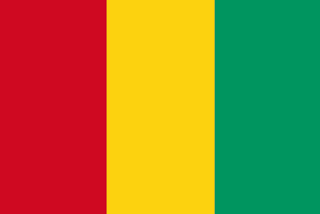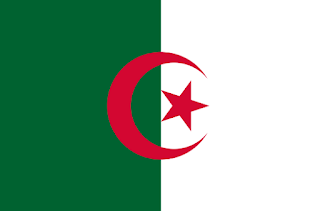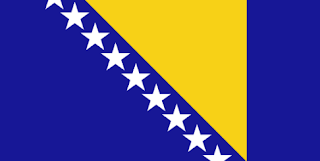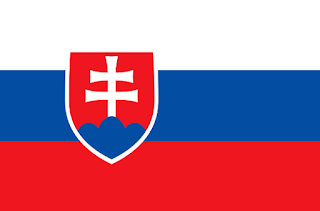FACTS ABOUT GUINEA
AMAZING FACTS ABOUT GUINEA
1.
Guinea is officially known as the “Republic
of Guinea”.
2.
Conakry is the capital city of Guinea.
3.
The total population of Guinea is 12,395,924.
4.
The natives of Guinea are called Guineans.
5.
The Guinean franc (GNF) is official
currency of Guinea.
6.
Guinea shares a border with Guinea-Bissau,
Senegal, Mali, Ivory Coast, Liberia and Sierra Leone.
7.
It is the 77th largest
country in the world in terms of land area.
8.
It is the 81th largest
country in the world in terms of population.
9.
Guinea is a country on the western coast
of Africa.
10.
The official language is French.
11.
Guinea is divided into four geographic
regions.
12.
Mount Richard-Molard is a mountain along
the border of Ivory Coast and Guinea in West Africa. The highest peak for both
countries and the Nimba Range is at 1,752 meters (5,750 feet).
13.
The Niger River, the Gambia River, and
the Senegal River are among the 22 West African rivers that have their origins
in Guinea.
14.
Guinea Coast has 320 kilometers (200
miles) of coastline.
15.
Mount Nimba Strict Nature Reserve is a
protected area and UNESCO World Heritage Site located in both Guinea and Côte
d’Ivoire.
16.
Kambadaga Falls is spectacular, 249
meters (817 feet) tall and 69 meters (226 feet) wide waterfall. The waterfalls
crash over three separate falls and they’re surrounded by jungle where monkeys
and a wealth of colorful birds are common.
17.
The "Conakry Grand Mosque" is a mosque in
Conakry. The mosque was built under Ahmed Sékou Touré with funding from King
Fahad of Saudi Arabia. It was opened in 1982.
18. It is the fourth largest mosque in
Africa and the largest in Sub-Saharan Africa. The mosque has 2,500 places on
the upper level for women and 10,000 below for men. An additional 12,500
worshipers can be accommodated in the mosque’s large esplanade.
19.
Guinea declared its independence from
France on 2 October 1958.
20.
The etymology of “Guinea” is uncertain.
The English term Guinea comes directly from the Portuguese word Guiné, which
emerged in the mid-15th century to refer to the lands inhabited by the Guineus,
a generic term for the black African peoples south of the Senegal River.
21.
Guinea is richly endowed with minerals,
possessing an estimated quarter of the world’s proven reserves of bauxite, more
than 1.8 billion metric tons (2.0 billion short tons) of high-grade iron ore,
significant diamond and gold deposits, and undetermined quantities of uranium.
22.
Guinea’s mineral wealth makes it
potentially one of Africa’s richest countries, but its people are among the
poorest in West Africa.
23.
The majority of Guineans work in the
agriculture sector, which employs approximately 75% of the country.
24.
Guinea is a predominantly Islamic
country, with Muslims representing 85% of the population.
25.
The population of Guinea comprises about
24 ethnic groups.
26.
Guinean cuisine varies by region with
rice as the most common staple.
27.
Football is the most popular sport in
Guinea. Their national football team is called Syli Nationale which literally
means National Elephants.
28.
Guinea Exports:
bauxite, alumina, gold, diamonds, coffee, fish and agricultural products.
29.
Guinea Imports:
petroleum products, metals, machinery, transport equipment, textiles, grain and
other foodstuffs.
30.
The internet country code for Guinea is .gn






Comments
Post a Comment